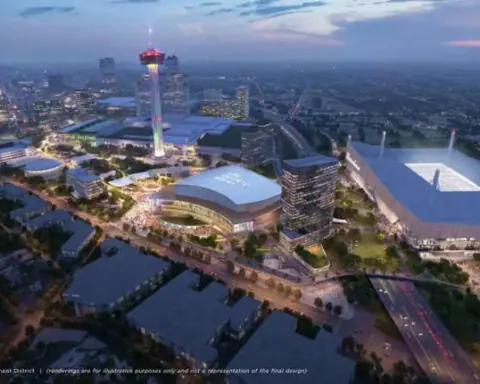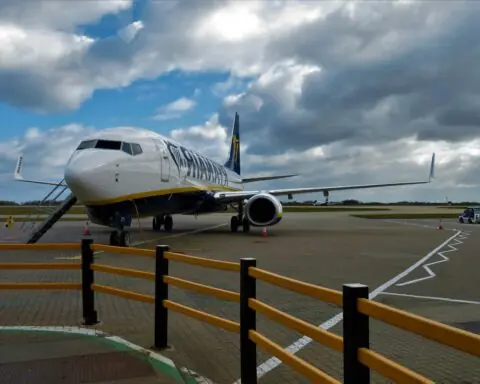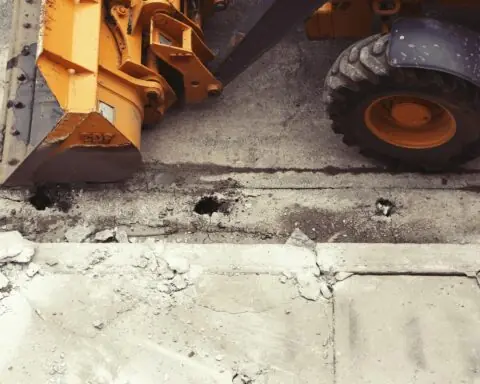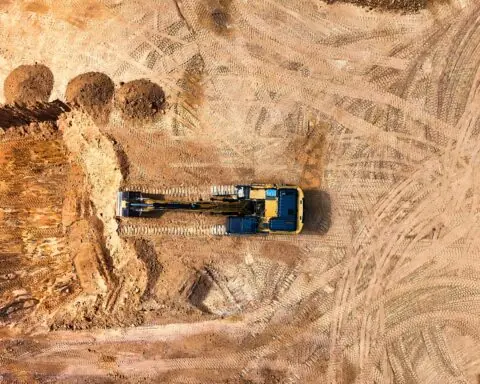This story was originally published in the Government Contracting Pipeline newsletter from Strategic Partnerships, Inc. To have the latest government contracting news stories from across the country delivered straight to your inbox, click here to subscribe.
Riverside County – located to the east of Los Angeles, California – will invest $171 million to enhance its transportation infrastructure across multiple highway, interchange and roadway projects. Currently in the design phase, construction on the earliest project is anticipated to begin in late 2026.
Plans include allocating $121 million toward the Jackson Interchange Project. The county will use the funds to reconstruct and widen the interchange along the Interstate 10 freeway to address traffic congestion, improve mobility and enhance safety.
The project will reconstruct the interchange’s I-10 on- and off-ramps and replace the 264-foot overcrossing. The replacement structure will be wider to accommodate additional through lanes, turn lanes and a multimodal active transportation pathway – known as the Coachella Valley Link (CV Link). The pathway will provide pedestrians, bicyclists and low-speed electric vehicles (EV) with safe travel lanes. The county will also reconstruct the 553-foot bridge over the nearby river, providing more traffic lanes and a connection to the CV Link.
The updated interchange’s finalized design has been narrowed down to two alternatives. The first option is a compact diamond configuration that preserves the existing layout while building additional traffic lanes and enhancing the interchange’s geometry. The second alternative features a diverging diamond interchange. This configuration enhances roadway efficiency, providing free flow left and right turning movements while streamlining traffic signal operations.
The county will spend an additional $50 million to widen Temescal Canyon Road from two lanes to four. Additional improvements will include installing a two-way left turn lane, sidewalks, on-street bike lanes, streetlights, bus turnouts and traffic signals. The project will also relocate and adjust utilities and install roadway striping, pavement markings and signage. Once completed, the 0.8-mile stretch of Temescal Canyon Road will be safer and experience reduced congestion.
Photo by Denys Nevozhai on Unsplash













